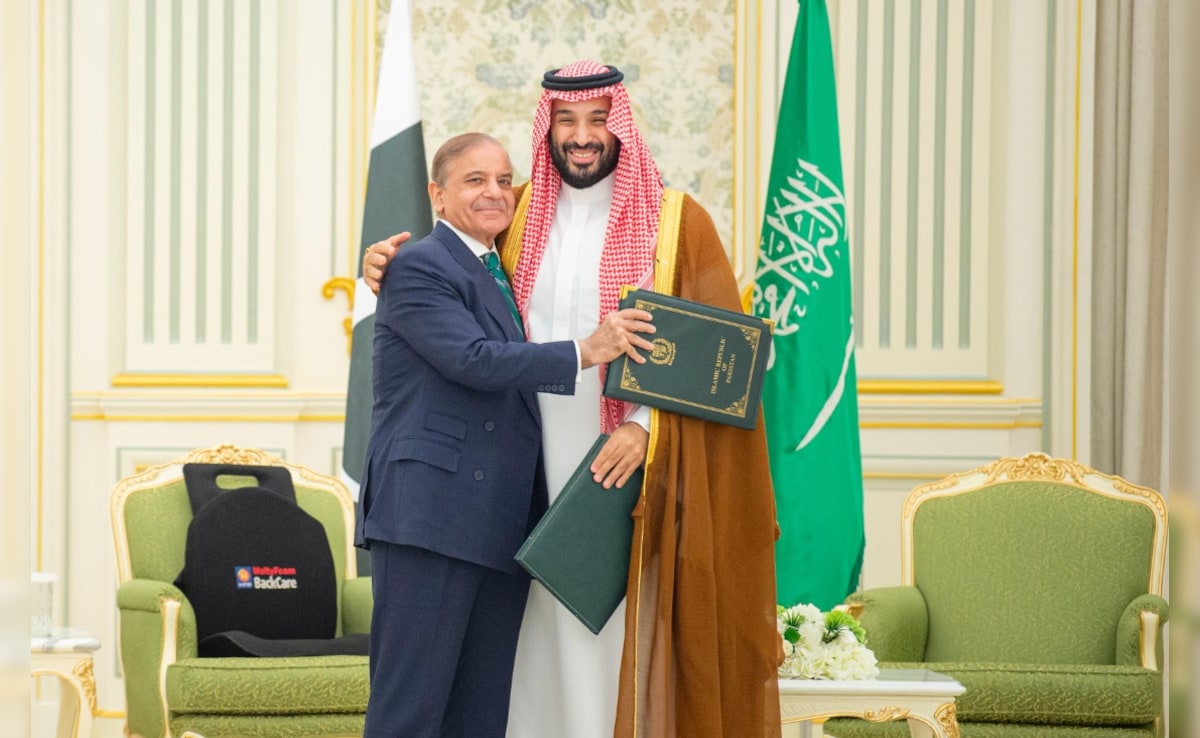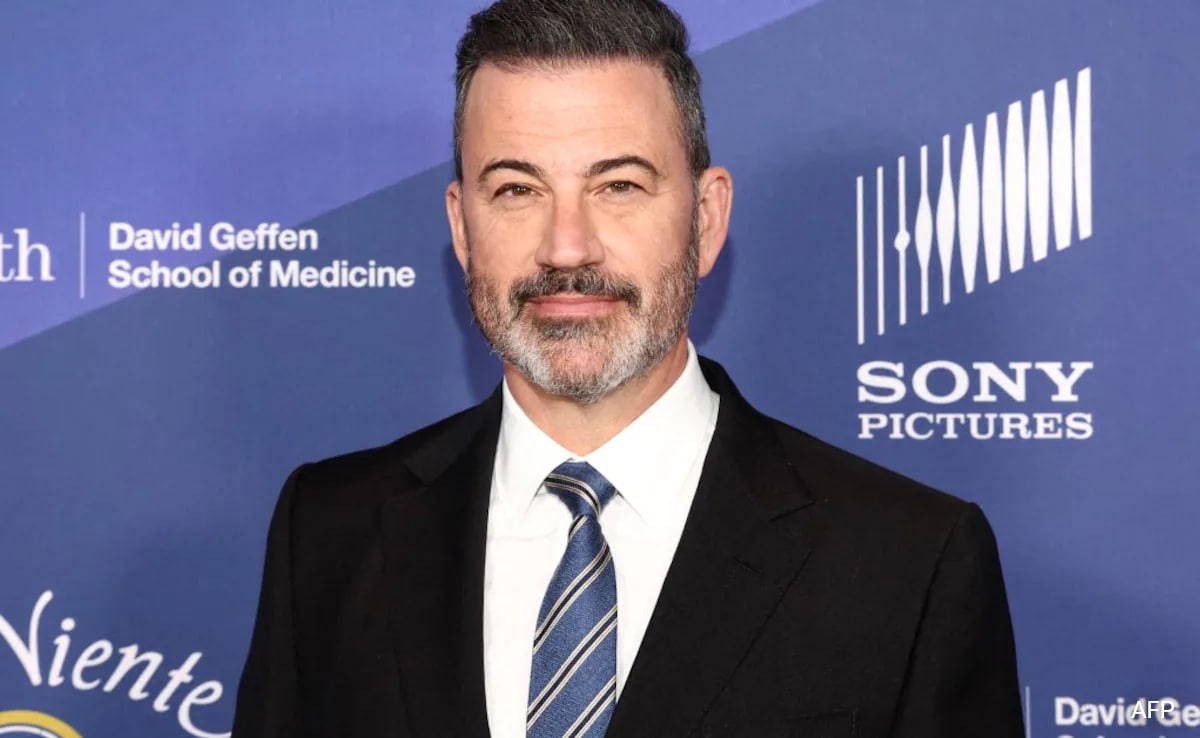President Biden also warned of personal sanctions against his Russian counterpart Vladimir Putin, in what would be an unprecedented move against the leader of a major power. The United Kingdom and the United States have discussed blocking Russia from the SWIFT international payments system, British Prime Minister Boris Johnson said Tuesday. He said such a move would “be a very potent weapon,” noting that U.S. collaboration would be necessary to carry out such an action.
Russia has threatened that to cut off its supply of natural gas flowing into Europe if sanctions were imposed. The move would be a significant blow against U.S. allies on the continent — which relies on Russia for about 40 percent of its natural gas needs — and could set off a global energy crisis. (Some European leaders, particularly those with closer ties to Russia, have expressed a reluctance to confront the Kremlin too directly.) U.S. officials noted that limiting gas exports would also harm Russia, but that nevertheless the Biden administration was preparing for the scenario.
Another U.S. official said the administration was “working with countries and companies around the world to ensure the security of supply and to mitigate against price shocks affecting both the American people and the global economy.” Biden plans to host Qatari Emir Tamim bin Hamad al-Thani, whose country is one of the world’s largest exporters of liquefied natural gas, at the White House on Monday. The pair are set to discuss “ensuring the stability of global energy supplies” and channeling Qatari gas to Europe, the administration said.
With tensions still growing, Moscow and Washington have pointed to each other as stoking fears of an all-out war, as Biden warns Putin to back down while Russia maintains it will not again invade Ukraine and that the United States is overreacting.
U.S. officials have said there are no plans to increase the nation’s military presence inside Ukraine, where approximately 200 American troops are training and advising Ukrainian forces, but Washington has stepped up other forms of assistance. At Boryspil International Airport outside Kyiv on Tuesday, Ukrainian personnel unloaded some 300 Javelin missiles, shoulder-launched multipurpose assault weapons and bunker-busters that had come from the United States. Other NATO members are also sending military equipment to aid in the defense of Ukraine, which is not a member of the Western military alliance.
The president said he may forward-deploy U.S. troops “in the near term” because “it takes time” to get them in place. He insisted such a move would not be “provocative,” a claim Moscow has rejected.
Ukrainian President Volodymyr Zelensky on Tuesday urged people there to stay calm, telling them to “protect your heart from panic.”
Still, U.S. officials remained concerned about the growing presence of the more than 100,000 Russian troops along Ukraine’s borders. “It’s like a gun to the head of Ukraine, and we don’t think that Ukraine should have to live with a loaded gun to its head,” the top U.S. diplomat in Ukraine, Kristina A. Kvien, said on ABC News.
In what appeared to be another attempt to undermine Western unity, Putin on Wednesday is set to meet with the leaders of top Italian companies for a discussion on boosting business ties, Reuters reported. Talks between political advisers are also set to be held in Paris Wednesday between French, German, Russian and Ukrainian officials, in a continuation of discussions designed to settle the conflict in the two Russia-backed separatist regions of eastern Ukraine.
U.K. Foreign Secretary Liz Truss is set to visit Ukraine next week, even as Britain, the United States and Canada have pulled some embassy staff and families from the country and told their citizens to go home or avoid travel to Ukraine. The U.S. Embassy in Kyiv has warned Americans there to leave over concerns that an attack could happen “at any time.”
.png)











 English (United States) ·
English (United States) ·  Turkish (Turkey) ·
Turkish (Turkey) ·